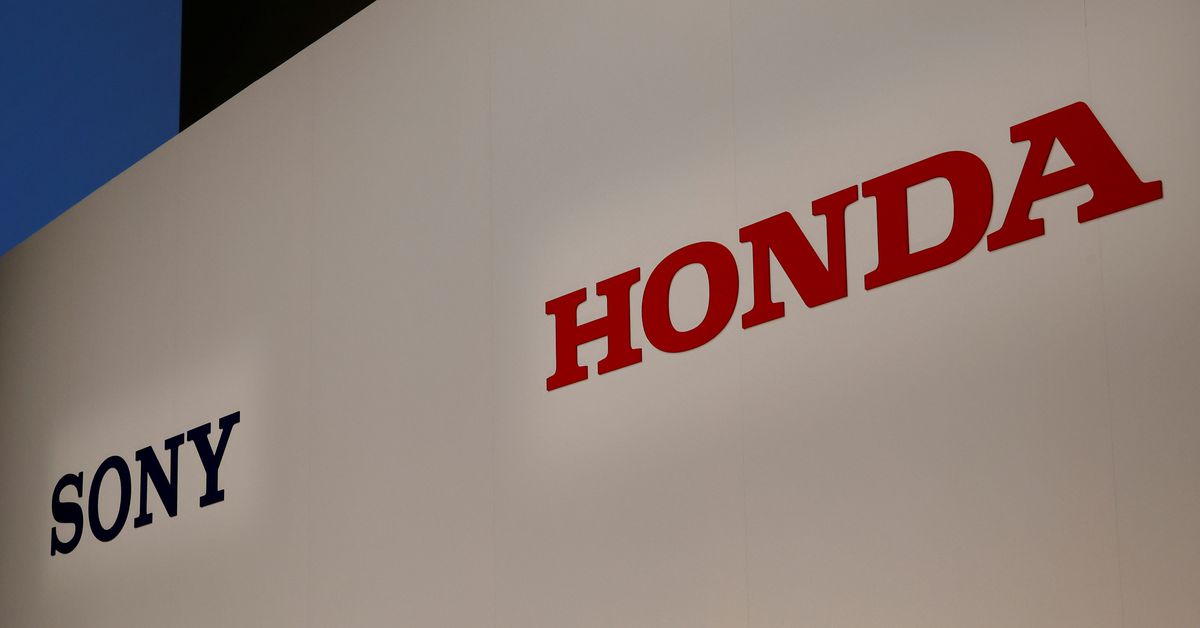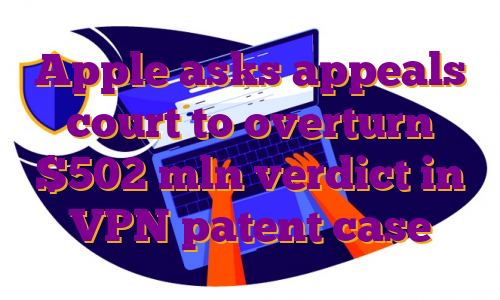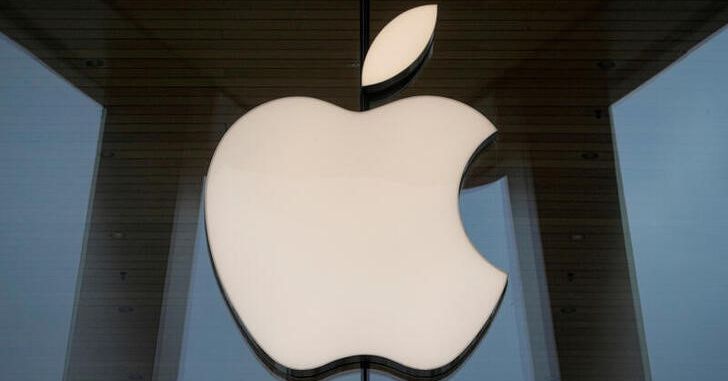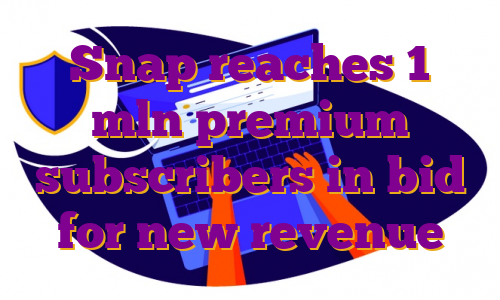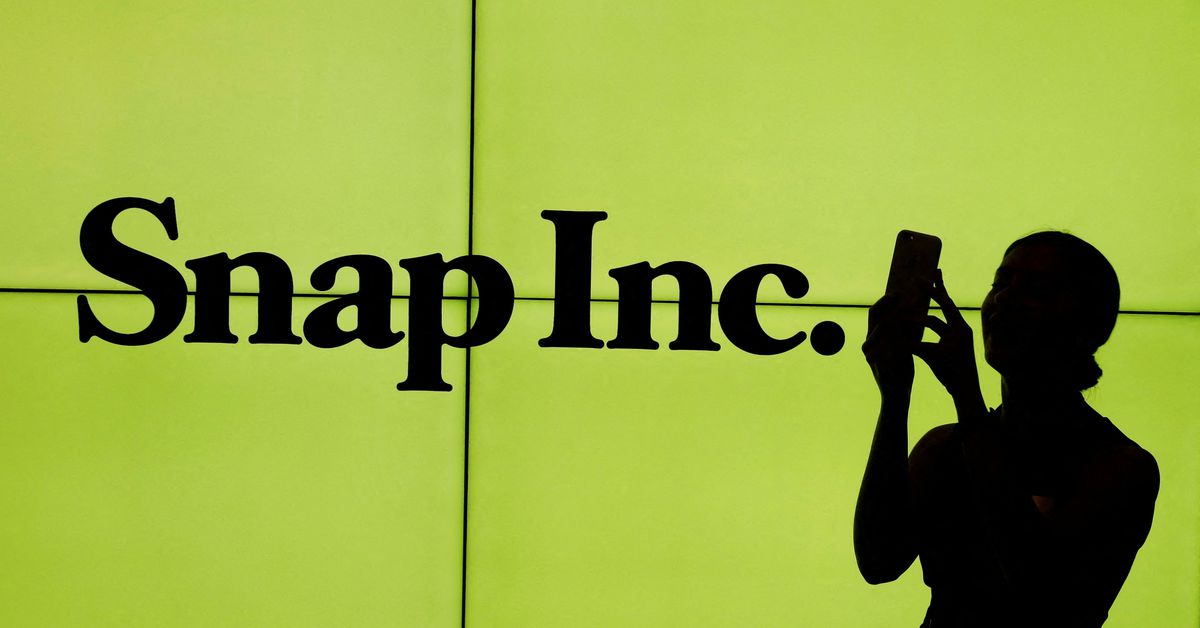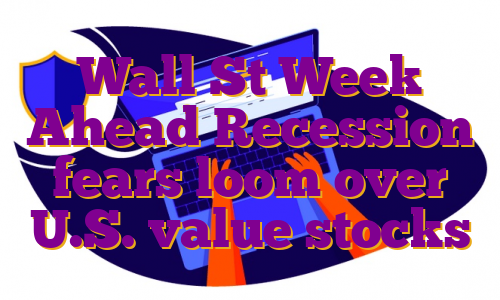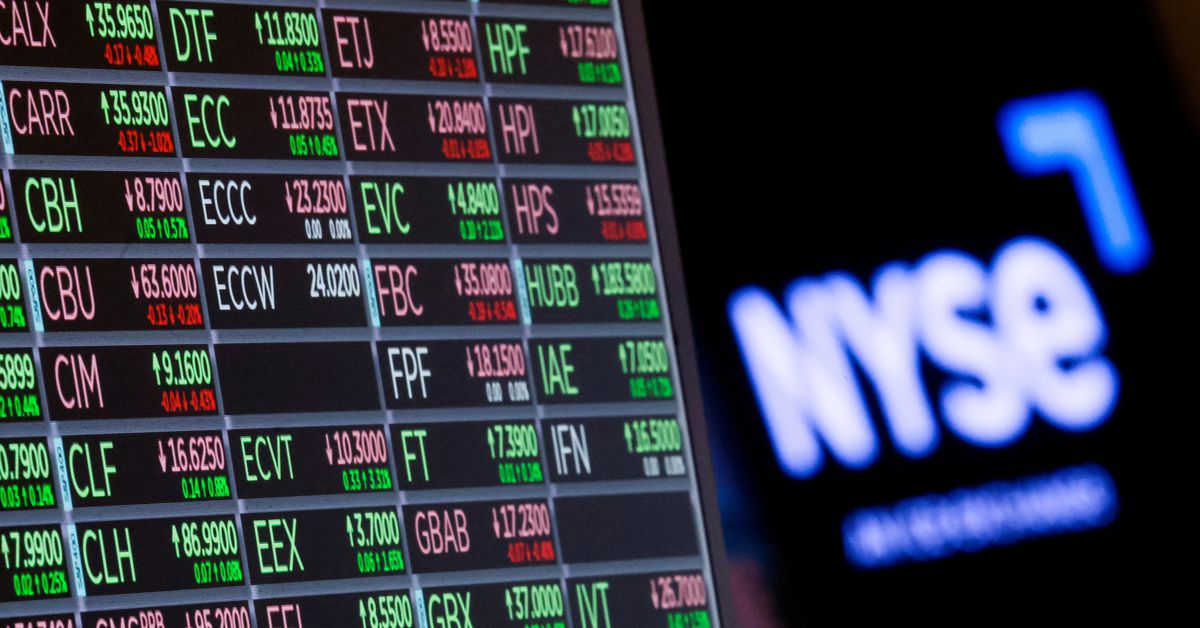TOKYO, Oct 13 (Reuters) – A joint venture set up by Japan’s Sony Group Corp (6758.T) and Honda Motor (7267.T) is aiming to deliver its first electric vehicles by 2026 and will sell them online, starting in the United States and Japan.The new EV will also be priced at a premium, offering a new software system developed by Sony that would open the way to recurring revenue from entertainment and other services that would be billed monthly, the companies said.The update from the joint venture, Sony Honda Mobility, is the first since the two companies launched the project in June.Register now for FREE unlimited access to Reuters.comKey details, including pricing, battery range and even the platform for the new vehicle have not been determined, but representatives of the new company detailed a vision for a vehicle that would function almost like a rolling smartphone.Sony will provide the software system for the new car, from the onboard controllers to cloud-based services that will connect with entertainment and payment systems.It will also provide sensors and other technology for a Level 3 autonomous drive system that will allow for drivers to pay more attention to the content and software services that will be offered.In Level 3 systems, also known as limited self-driving automation, drivers can ride without watching the road or handling the wheel on highway driving but need to be ready to take back control.Tesla (TSLA.O), General Motors(GM.N), Ford Motor Co (F.N) and Mercedes Benz(MBGn.DE) all offer some form of hands-free driving assist systems.“As safe driving technology will continue to evolve and the amount of concentration required to drive will be reduced, we should consider new ways to enjoy and spend time in the cabin space as a whole,” said Izumi Kawanishi, the joint venture’s president and executive at Sony.Honda will decide on the platform that the new vehicle will use and details like the battery supplier. The still-to-be named EV will likely be manufactured by Honda at one of its plants in Ohio.Honda, like its bigger rival Toyota Motor (7203.T), has been slow to shift its fleet to electric. It has also struggled over the years to make gains in the luxury vehicle market with its Acura brand.Yasuhide Mizuno, the joint venture’s chairman and chief executive, and a senior Honda executive, said the project was important for Honda to develop a “longer-term relationship” with its car buyers as the vehicle shifts to become more of a connected device.Mizuno said Honda believed that 2025 would be a crucial year in the shift toward EVs in the U.S. market and that the joint-venture believed it had to hit that opening even though it means a compressed development cycle for the new EV.The new EV will be delivered to the Japanese market in the second half of 2026. The two companies are considering a launch for Europe, but no plan has been set. Orders for the new EV should open in 2025, the companies said.($1 = 146.8300 yen)Register now for FREE unlimited access to Reuters.comReporting by Satoshi Sugiyama; Editing by Ana Nicolaci da CostaOur Standards: The Thomson Reuters Trust Principles. .
Apple asks appeals court to overturn $502 mln verdict in VPN patent case
The Apple logo is seen at an Apple Store in Brooklyn, New York, U.S. October 23, 2020. REUTERS/Brendan McDermid
Register now for FREE unlimited access to Reuters.com
- Judge says Apple brought damages argument too late in VirnetX case
- Apple could still win if PTO patent-validity ruling stands
(Reuters) – A long-running dispute between Apple Inc and patent licensing company VirnetX Inc over privacy-software technology went back to a U.S. appeals court on Thursday for a panel of judges to hear Apple’s new challenges to a $502 million jury loss in Texas.The U.S. Court of Appeals for the Federal Circuit heard Apple’s request to toss the jury verdict, as well as VirnetX’s appeal of a U.S. Patent Office tribunal decision to cancel its virtual private network (VPN) patents that also would negate the award if it stands.The 12-year fight has included five trials and three trips to the appeals court.Register now for FREE unlimited access to Reuters.com“I’m pretty sure this dispute will never end between these two companies,” Chief U.S. Circuit Judge Kimberly Moore said during Thursday oral arguments.VirnetX sued Apple in 2010, alleging that VPN technology in Apple’s iPhones, iPads and computers infringed its patents. After several trials and appeals, a jury awarded VirnetX $502 million in damages in 2020.Apple’s attorney Bill Lee of Wilmer Cutler Pickering Hale and Dorr argued Thursday that the verdict should be thrown out because the jury’s royalty rate was based on flawed calculations by VirnetX’s damages expert.Lee said there was no evidence that any Apple customers used VirnetX’s patented technology, which is “disabled by default” in Apple’s software, and that the calculation failed to take this into account.But Moore said Apple brought the argument too late, even though it was “very simple and persuasive.””That argument was sitting there to be made as part of your last appeal, and you didn’t make it,” Moore said.Both Lee and VirnetX’s attorney Jeff Lamken of MoloLamken acknowledged that Apple would win the case if Patent Trial and Appeal Board rulings invalidating VirnetX’s patents are upheld. VirnetX asked the Federal Circuit to overturn the PTAB decisions in a separate oral argument Thursday.VirnetX attorney Stephen Kinnaird of Paul Hastings argued that the board misinterpreted the patents.Moore sat on the panels in both cases with Circuit Judges Leonard Stark and Todd Hughes.VirnetX separately won $440 million from Apple on allegations that the tech giant used its internet-security technology in features like FaceTime video calls, which Apple said it has paid.The appeals are VirnetX Inc v. Apple Inc, U.S. Court of Appeals for the Federal Circuit, No. 21-1672 and VirnetX Inc v Mangrove Partners Master Fund Ltd, U.S. Court of Appeals for the Federal Circuit, No. 20-2271.For Apple: Bill Lee of Wilmer Cutler Pickering Hale and DorrFor VirnetX: Jeff Lamken of MoloLamken; Stephen Kinnaird of Paul HastingsRead more:Apple fails to overturn VirnetX patent verdict, could owe over $1.1 billionVirnetX patent win against Apple vacated by U.S. appeals courtRegister now for FREE unlimited access to Reuters.comOur Standards: The Thomson Reuters Trust Principles.Blake BrittainThomson ReutersBlake Brittain reports on intellectual property law, including patents, trademarks, copyrights and trade secrets. Reach him at [email protected] .
Snap reaches 1 mln premium subscribers in bid for new revenue
A woman stands in front of the logo of Snap Inc. on the floor of the New York Stock Exchange (NYSE) while waiting for Snap Inc. to post their IPO, in New York City, NY, U.S. March 2, 2017. REUTERS/Lucas Jackson/File PhotoRegister now for FREE unlimited access to Reuters.comAug 15 (Reuters) – Snap Inc (SNAP.N), parent company of social media app Snapchat, has reached 1 million subscribers for its Snapchat+ premium subscription, the company said on Monday, afterlaunching the service in June as a new source of revenue.Social media companies including Snap, Twitter Inc (TWTR.N) and Meta Platforms Inc (META.O), which all earn the majority of revenue from selling digital advertising, are facing a weakening ad market due to record-high inflation causing brands to reign in their marketing spending.Snap’s shares dropped 25% last month after disappointing second quarter earnings, as it suffered from weaker advertising demand than Wall Street had expected. Chief Executive Evan Spiegel said the company would work to speed up revenue growth, in part through new sources of revenue. read more Register now for FREE unlimited access to Reuters.comSnapchat+, which costs $3.99 per month in the United States, offers access to 11 exclusive features not yet available to general users. Four new features announced Monday include new Snapchat app icon designs and the ability for subscribers to have their messages be more visible to celebrities on Snapchat. Subscribers can also use Snapchat on desktops.The paid subscription feature is now expanding to more countries including Saudi Arabia, India and Egypt, for a total of 25 markets, Snap said.Twitter, which is in a legal battle with billionaire Elon Musk over his attempt to walk away from his $44-billion deal to buy the company, also previously launched a $4.99 per month subscription product called Twitter Blue. Facebook and Instagram do not offer paid subscriptions as of now.Register now for FREE unlimited access to Reuters.comReporting by Angelique Chen and Sheila Dang; Editing by Josie KaoOur Standards: The Thomson Reuters Trust Principles. .
AppLovin offers to buy video game software maker Unity in $17.5 bln deal
People play “Pokemon GO” on the Pokequan GoBoat Adventure Cruise in the Occoquan River in the small town of Occoquan, Virginia, U.S. August 14, 2016. REUTERS/Sait Serkan GurbuzRegister now for FREE unlimited access to Reuters.comAug 9 (Reuters) – Gaming software company AppLovin Corp (APP.O) made an offer on Tuesday to buy its peer Unity Software Inc (U.N) in a $17.54 billion all-stock deal, threatening to derail Unity’s announced plan to acquire AppLovin’s smaller competitor ironSource .AppLovin has offered $58.85 for each Unity share, which represents a premium of 18% to Unity’s Monday closing price. Unity will own 55% of the combined company’s outstanding shares, representing about 49% of the voting rights.AppLovin hired advisors to work out an offer after Unity last month said it would buy ironSource in a $4.4 billion all-stock transaction, sources familiar with the matter told Reuters. Unity’s board will have to terminate the ironSource deal if it wants to pursue a combination with AppLovin, according to the proposal.Register now for FREE unlimited access to Reuters.comUnder the proposed deal, Unity’s Chief Executive John Riccitiello will become CEO of the combined business, while AppLovin Chief Executive Adam Foroughi will take the role of chief operating officer.Unity said its board would evaluate the offer. The company is slated to report its earnings after the bell on Tuesday.Both companies make software used to design video games. Game-making software has also been expanding to new technologies such as the so-called metaverse, or immersive virtual worlds.Unity’s software has been used to build some of the most-played games such as “Call of Duty: Mobile,” and “Pokemon Go”, while AppLovin provides helps developers to grow and monetize their apps.AppLovin’s offer comes as game developers and console makers warn of a slowdown in the sector as decades-high inflation and easing of COVID-19 restrictions lead gamers to pick outdoor activities. The company lowered its sales guidance on Tuesday.”The deal comes as surprise to everybody in the business,” said Serkan Toto, founder of game industry consultancy Kantan Games. “It’s a $15 billion company going after a $15 billion company. It’s a desperate attempt to consolidate and the chances of this deal happening are very slim.”Shares of Palo Alto, California-based AppLovin, which went public last year, fell 9.9% while those of Unity rose 1% in the morning trading session. Shares of ironSource were down 9.7%.Foroughi said the combined company will have the potential to generate an adjusted operating profit of over $3 billion by the end of 2024.Register now for FREE unlimited access to Reuters.comReporting by Eva Mathews and Nivedita Balu in Bengaluru, Krystal Hu in New York; Editing by Saumyadeb Chakrabarty and Mike HarrisonOur Standards: The Thomson Reuters Trust Principles. .
Wall St Week Ahead Recession fears loom over U.S. value stocks
A screen displays trading informations for stocks on the floor of the New York Stock Exchange (NYSE) in New York City, U.S., June 27, 2022. REUTERS/Brendan McDermidRegister now for FREE unlimited access to Reuters.comNEW YORK, July 15 (Reuters) – Fears of a potential economic slowdown are clouding the outlook for value stocks, which have outperformed broader indexes this year in the face of surging inflation and rising interest rates.Value stocks – commonly defined as those trading at a discount on metrics such as book value or price-to-earnings – have typically underperformed their growth counterparts over the past decade, when the S&P 500’s (.SPX) gains were driven by tech-focused giants such as Amazon.com Inc (AMZN.O) and Apple Inc (AAPL.O).That dynamic shifted this year, as the Federal Reserve kicked off its first interest rate-hike cycle since 2018, disproportionately hurting growth stocks, which are more sensitive to higher interest rates. The Russell 1000 value index (.RLV) is down around 13% year-to-date, while the Russell 1000 growth index (.RLG) has fallen about 26%.Register now for FREE unlimited access to Reuters.comThis month, however, fears that the Fed’s monetary policy tightening could bring on a U.S. recession have shifted the momentum away from value stocks, which tend to be more sensitive to the economy. The Russell value index is up 0.7% in July, compared with a 3.4% gain for its growth-stock counterpart.”If you think we are in a recession or are going into a recession, that does not necessarily … work to the advantage of value stocks,” said Chuck Carlson, chief executive at Horizon Investment Services.The nascent shift to growth stocks is one example of how investors are adjusting portfolios in the face of a potential U.S. economic downturn. BofA Global Research on Thursday cut its year-end target price for the S&P 500 to 3,600 from 4,500 previously and became the latest Wall Street bank to forecast a coming recession. read more The index closed at 3,863.16 on Friday and is down 18.95% this year.Corporate earnings arriving in force next week will give investors a better idea of how soaring inflation has affected companies’ bottom lines, with results from Goldman Sachs , Johnson & Johnson (JNJ.N) and Tesla among those on deck.For much of the year, value stocks benefited from broader market trends. Energy shares, which comprise around 7% of the Russell 1000 value index, soared over the first half of 2022, jumping along with oil prices as supply constraints for crude were exacerbated by Russia’s invasion of Ukraine.But energy shares along with crude prices and other commodities have tumbled in recent weeks on concerns that a recession would sap demand.A recession also stands to weigh on bank stocks, with a slowing economy hurting loan growth and increasing credit losses. Financial shares represent nearly 19% of the value index. read more An earnings beat from Citigroup, however, buoyed bank shares on Friday, with the S&P 500 banks index (.SPXBK)gaining 5.76%.At the same time, tech and other growth companies also tend to have businesses that are less cyclical and more likely able to weather a broad economic slowdown.”People pay a premium for growth stocks when growth is scarce,” said Burns McKinney, portfolio manager at NFJ Investment Group.JPMorgan analysts earlier this week wrote they believe growth stocks have a “tactical opportunity” to make up lost ground, citing cheaper valuations after this year’s sharp sell-off as one of the reasons.Value stock proponents cite many reasons for the investing style to continue its run.Growth stocks are still more expensive than value shares on a historical basis, with the Russell 1000 growth index trading at a 65% premium to its value counterpart, compared to a 35% premium over the past 20 years, according to Refinitiv Datastream.Meanwhile, earnings per share for value companies are expected to rise 15.6% this year, more than twice the rate of growth companies, Credit Suisse estimates.Data from UBS Global Wealth Management on Thursday showed value stocks tend to outperform growth stocks when inflation is running above 3% – around a third of the 9.1% annual growth U.S. consumer prices registered in June. read more Josh Kutin, head of asset allocation, North America at Columbia Threadneedle, believes a possible U.S. recession in the next year would be a mild one, leaving economically sensitive value stocks primed to outperform if growth picks up.”If I had to pick one, I’d still pick value over growth,” he said. “But that conviction has come down since the start of the year,” Kutin said.Register now for FREE unlimited access to Reuters.comReporting by Lewis Krauskopf, additional reporting by David Randall and Ira Iosebashvili; Editing by Ira Iosebashvili and Richard ChangOur Standards: The Thomson Reuters Trust Principles. .


